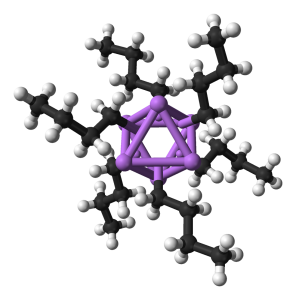 The opening of “Lithium Dreams,” Lawrence Wright’s excellent 2010 New Yorker article about Bolivia’s chance for economic renaissance during the age of lightweight batteries:
The opening of “Lithium Dreams,” Lawrence Wright’s excellent 2010 New Yorker article about Bolivia’s chance for economic renaissance during the age of lightweight batteries:
“In southern Bolivia, there is a mountain called Cerro Rico—’the hill of wealth.’ It is a pale, bald rock, crisscrossed with dirt roads that climb the slope like shoelaces. More than four thousand mining tunnels have so thoroughly riddled its interior that the mountain is in danger of collapse. Its base is ringed with slums that spill into the old city of Potosí, a World Heritage site. Evo Morales, the President of Bolivia, recently told me that he and his countrymen see Potosí as ‘a symbol of plunder, of exploitation, of humiliation.’ The city represents a might-have-been Bolivia: a country that had capitalized on its astounding mineral wealth to become a major industrial power. Such a Bolivia could easily have been imagined in 1611, when Potosí was one of the biggest cities in the world, with a hundred and eighty thousand inhabitants—roughly the size of London at the time. Although Potosí began as a mining town, with the saloons and gaming houses that accompany men on the frontier, it soon had magnificent churches and theatres, and more than a dozen dance academies. From the middle of the sixteenth century until the middle of the seventeenth, half the silver produced in the New World came from Cerro Rico. Carlos Mesa, a historian who served as Bolivia’s President from 2003 to 2005, told me, ‘It was said throughout the Spanish empire, ‘This is worth a Potosí,’ when speaking of luck or riches.’ Potosí is now one of the poorest places in what has long been one of the poorest countries in South America.
Across the divide of the industrial revolution, there is another city whose promise of greatness now lies in ruins: Detroit. Even before the Curved Dash Oldsmobile rolled off the assembly line, in 1901, becoming the first mass-produced American car, Detroit was a showplace of labor, its huge factories producing iron, copper, freight cars, ships, pharmaceuticals, and beer. Following Oldsmobile’s lead, carmakers such as Ford, Packard, and Cadillac transformed the American economy. But Detroit’s triumph was remarkably short-lived. The city is half the size it was fifty years ago. Two of the Big Three carmakers, General Motors and Chrysler, went bankrupt in 2009, and all of them have cut their workforces drastically. Unemployment in Detroit is at fifteen per cent; the murder rate is the fourth highest in the country; and about a third of its citizens live in poverty. An estimated seventy thousand structures—houses, churches, factories, even skyscrapers—stand empty, many of them vandalized or burned. Parts of town are being farmed. Like Bolivia, Detroit is hoping for a second chance. And both of them are looking to a treasure that could revive their fortunes, and, incidentally, lead the world to a cleaner environment. That treasure is lithium.” (Thanks TETW.)
••••••••••
Bolivian President Evo Morales on the Daily Show in 2007:
